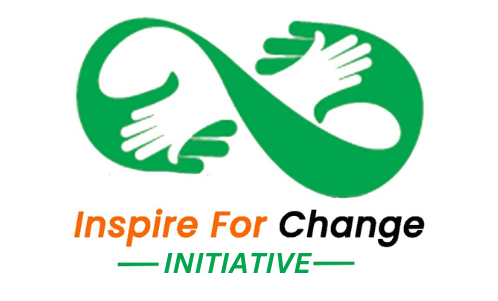Fostering Livelihood and Economic Independence: Empowering Refugees Through Entrepreneurship, Leadership, and Digital Skills.
In the Kakuma Refugee Camp, where access to formal employment, financial services, and skill development is limited, refugee youth and women face significant barriers to economic independence. To address these challenges, a comprehensive livelihood program has been designed to equip participants with critical entrepreneurship, financial literacy, leadership, and digital skills. The program aims to foster resilience, self-reliance, and economic empowerment by providing refugees with the tools they need to succeed in an increasingly competitive and digital world.
Entrepreneurship & Financial Literacy: Building a Foundation for Economic Independence
The Entrepreneurship and Financial Literacy initiative focuses on equipping refugee youth and women with essential skills for starting and managing their own businesses. Participants receive comprehensive training on how to identify viable business opportunities, create sustainable business plans, and successfully manage enterprises. These skills are crucial for individuals who face limited access to formal employment and must rely on their own initiatives for income generation.
Alongside entrepreneurship training, the program offers financial literacy education, empowering participants with knowledge on budgeting, saving, and managing credit. By mastering these financial management skills, refugees can make informed financial decisions that not only support their businesses but also contribute to their personal financial stability. This training is a vital step toward fostering economic independence and resilience within the refugee community, helping individuals build sustainable livelihoods despite the challenges they face.
Leadership, Mentorship, and Guidance: Cultivating Tomorrow’s Leaders
Refugees have endured significant adversities, including civil wars, conflicts, and human rights violations, which have shaped their experiences and motivated many to drive change within their communities. However, the lack of leadership training within the camp limits their ability to realize their potential as leaders. To address this gap, the Leadership, Mentorship, and Guidance program offers refugee youth the opportunity to develop leadership skills and foster the qualities needed to inspire change.
Through a series of training sessions, participants learn how to become effective leaders, while current leaders are given the tools to enhance their leadership capabilities. In addition to the formal training, the program provides mentorship opportunities with individuals who have lived through displacement and overcome the barriers faced by refugees. These mentors offer vital support, guidance, and encouragement, rekindling hope and instilling confidence in young refugees to pursue their aspirations and become change-makers within their communities.
Computer Literacy: Bridging the Digital Divide
In today’s technology-driven world, computer literacy is a basic requirement for most educational and employment opportunities. However, displaced populations in Kakuma often face barriers related to affordability and access, preventing them from acquiring essential computer skills. To bridge this digital divide, the Computer Literacy program offers training that empowers refugees with the technological skills needed to access employment and education opportunities.
Participants gain hands-on experience in navigating computers, using essential software, and mastering basic IT skills that are critical for success in the modern workforce. By acquiring these skills, refugees in Kakuma can unlock life-changing opportunities and overcome the digital barriers that limit their growth and participation in a globalized world.
Data Analytics: Preparing Refugee Youth for the Future of Work
As the demand for professionals in data, analytics, and artificial intelligence continues to grow, the Data Analytics program aims to equip refugee youth with the skills needed to succeed in this rapidly expanding field. According to the U.S. Bureau of Labor Statistics, 11.5 million new data-driven jobs are projected by 2026, driven by the need for data-driven solutions across various industries.
Through this program, participants learn how to collect, analyze, and interpret data, enabling them to make informed decisions in both professional and community settings. By acquiring these highly sought-after skills, refugees are prepared to compete in the technology-driven job market, with the potential to secure decent employment in data and analytics. In addition to enhancing individual career prospects, participants are also empowered to apply data-driven insights to address challenges within their communities, promoting local development and evidence-based decision-making.
Conclusion: Empowering Refugees for a Sustainable Future
The Livelihood Program in Kakuma is more than just a skills training initiative—it is a pathway to economic independence, leadership, and digital empowerment. By equipping refugee youth and women with entrepreneurship, financial literacy, leadership, computer literacy, and data analytics skills, the program creates sustainable opportunities for refugees to thrive in a challenging environment. Through mentorship and guidance, participants are inspired to become leaders and change-makers, while mastering the digital skills necessary for success in the modern world. As these programs continue to evolve and expand, they offer hope for a brighter, more resilient future for refugee communities in Kakuma and beyond.
